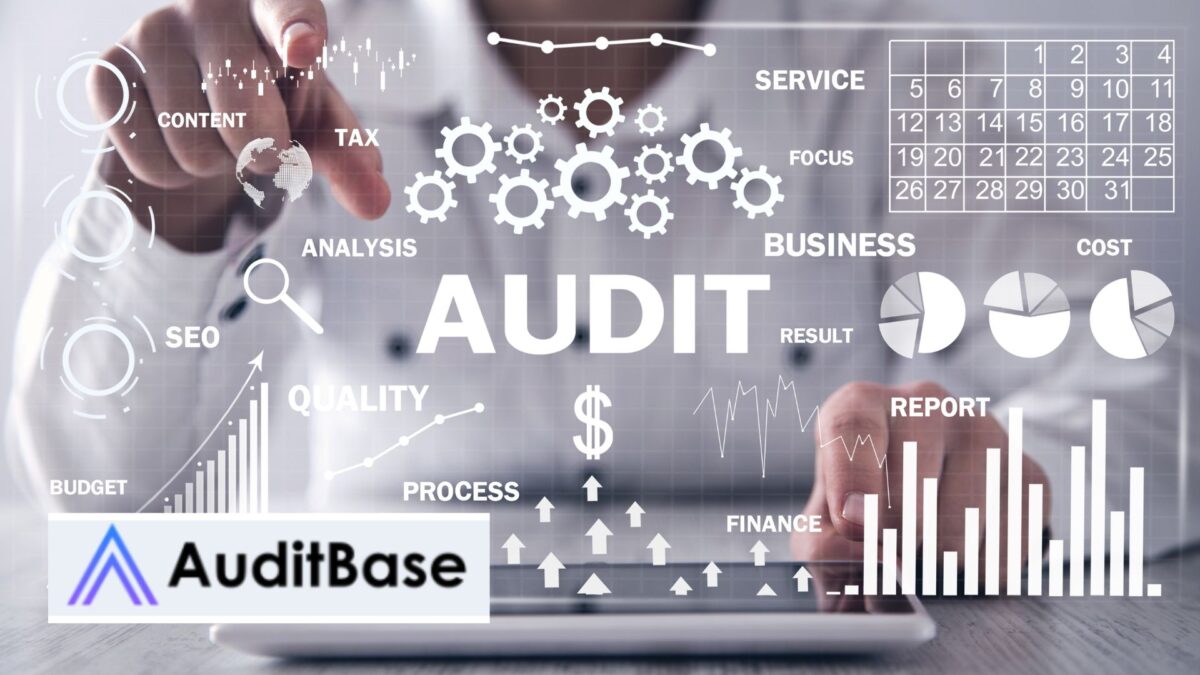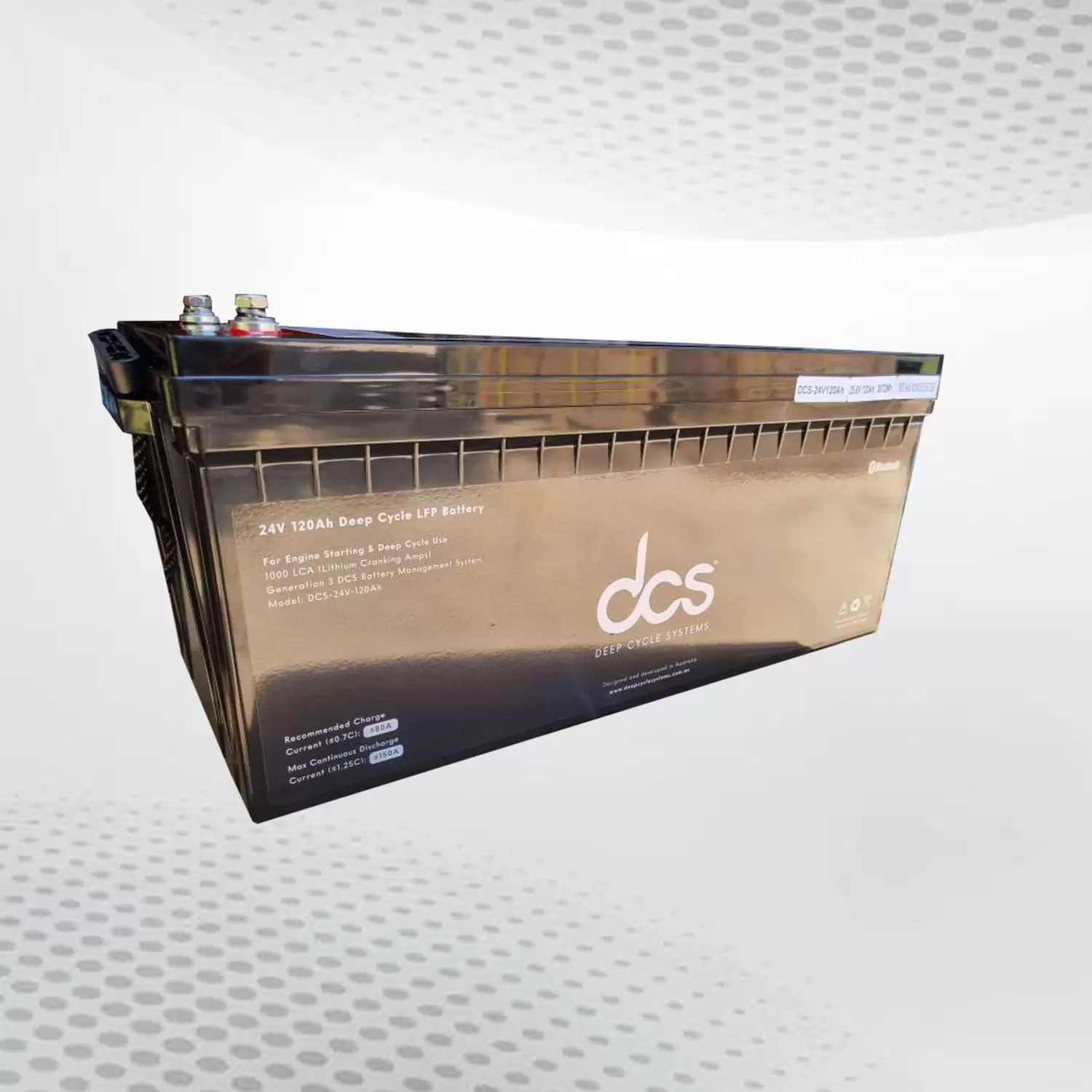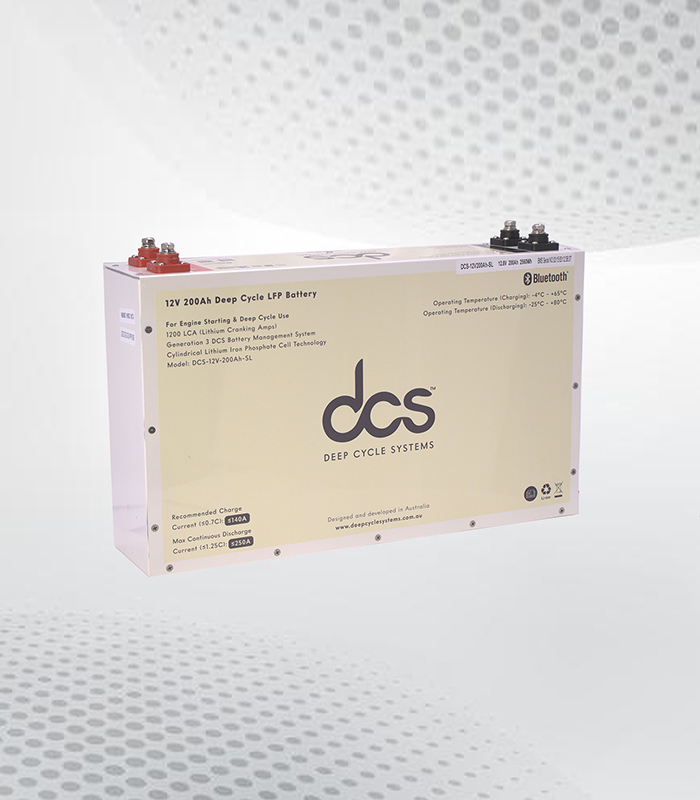The proliferation of blockchain technology has revolutionized various industries, notably finance, supply chain, and healthcare, by introducing transparent, immutable, and decentralized systems. Central to this innovation are smart contracts, which are self-executing contracts with the terms of the agreement directly written into code. Despite their potential, smart contracts are not without risks. Bugs, vulnerabilities, and unforeseen logic flaws can lead to significant financial losses and security breaches. This is where machine learning (ML) plays a crucial role in enhancing AI smart contract audit.
Smart Contract Audits
A smart contract audit involves a thorough examination of the contract’s code to identify and rectify vulnerabilities, ensure compliance with standards, and verify the logic’s correctness. Traditional audits are typically manual, performed by expert auditors who review the code line by line. While effective, this process is time-consuming, expensive, and prone to human error, especially as the complexity of smart contracts increases.
The Role of Machine Learning in Smart Contract Audits
Machine learning, a subset of artificial intelligence (AI), focuses on building algorithms that can learn from and make decisions based on data. In the context of smart contract audit, ML algorithms can be trained to identify patterns, detect anomalies, and predict potential vulnerabilities that may not be immediately apparent to human auditors.
1. Automated Vulnerability Detection
Machine learning models can be trained using datasets of known smart contract vulnerabilities. Once trained, these models can automatically scan new smart contracts for similar patterns, significantly speeding up the audit process. For example, techniques like supervised learning can identify common vulnerabilities such as reentrancy attacks, integer overflows, and underflows.
2. Behavioral Analysis
ML can analyze the behavior of smart contracts by simulating various execution scenarios. This helps in understanding how the contract would perform under different conditions and identifying any potential security issues. Techniques like reinforcement learning can be particularly useful here, as they allow the model to learn optimal strategies by interacting with the contract in a simulated environment.
3. Anomaly Detection
Anomaly detection models can identify unusual patterns or behaviors in smart contracts that might indicate a vulnerability or malicious activity. Unsupervised learning techniques, such as clustering and outlier detection, can be employed to detect deviations from the norm, which could signify security threats.
4. Natural Language Processing (NLP)
Many smart contracts are accompanied by documentation written in natural language. NLP can help in parsing and understanding this documentation to ensure that the implemented code aligns with the specified requirements and terms. This cross-verification ensures that there are no discrepancies between the contract’s intended purpose and its actual implementation.
Smart Contract Monitoring
Beyond the initial audit, continuous monitoring of smart contracts is essential to ensure their ongoing security and functionality. Machine learning plays a vital role in this continuous monitoring process.
1. Real-time Monitoring
Machine learning models can continuously monitor smart contract transactions in real-time, flagging any suspicious activities or deviations from expected behavior. This real-time analysis is crucial for quickly identifying and mitigating potential threats before they can be exploited.
2. Predictive Maintenance
By analyzing historical data, machine learning models can predict future vulnerabilities or performance issues in smart contracts. This predictive capability allows for proactive maintenance and timely updates to the contract, reducing the risk of exploitation.
3. Automated Alerts
ML-driven monitoring systems can generate automated alerts and notifications for auditors or developers when potential issues are detected. This ensures a swift response to any emerging threats, maintaining the integrity and security of the smart contract.
Case Studies and Applications
1. DeFi Platforms
Decentralized Finance (DeFi) platforms, which rely heavily on smart contracts, have been frequent targets of hacks and exploits. Machine learning has been instrumental in auditing these platforms to ensure their security and stability. For example, ML models have been used to detect flash loan attacks, which are a common threat in the DeFi space.
2. Supply Chain Management
Smart contracts are used to automate and streamline supply chain processes. Machine learning enhances these contracts by ensuring they are free from vulnerabilities that could disrupt the supply chain. ML models can predict potential issues in the supply chain contract’s execution, allowing for proactive measures to be taken.
3. Healthcare
In healthcare, smart contracts manage sensitive data and automate processes like patient consent and data sharing. Machine learning ensures these contracts are secure and compliant with regulations such as HIPAA, by continuously monitoring for any vulnerabilities or breaches.
AuditBase: A Comprehensive Solution for Smart Contract Audits
AuditBase is a state-of-the-art platform that leverages the power of machine learning to provide comprehensive smart contract audits and monitoring. Designed to cater to the unique needs of various industries in the United States, AuditBase offers several key features:
1. Advanced Vulnerability Detection
AuditBase employs sophisticated ML algorithms to detect a wide range of vulnerabilities in smart contracts. By continuously updating its models with new data, AuditBase ensures it can identify even the latest and most complex threats.
2. Behavioral and Anomaly Analysis
With AuditBase, users benefit from advanced behavioral and anomaly analysis tools. These tools simulate various execution scenarios and monitor real-time transactions to detect any unusual activities or deviations from expected behavior.
3. Comprehensive Documentation Analysis
AuditBase integrates NLP capabilities to analyze the natural language documentation accompanying smart contracts. This ensures that the contract’s code aligns with the specified requirements and terms, providing an additional layer of verification.
4. Continuous Monitoring and Predictive Alerts
AuditBase offers continuous monitoring of smart contracts, with real-time analysis and predictive alerts. This proactive approach allows users to address potential vulnerabilities or performance issues before they can be exploited, ensuring the ongoing security and integrity of their contracts.
5. User-Friendly Interface and Detailed Reports
AuditBase provides a user-friendly interface and generates detailed reports on the audit findings. These reports highlight any detected vulnerabilities, recommended fixes, and compliance with industry standards, making it easier for developers and auditors to address any issues.
Machine learning is transforming the landscape of smart contract audits by providing faster, more accurate, and more comprehensive analysis than traditional methods. Its ability to automatically detect vulnerabilities, analyze contract behavior, and continuously monitor smart contracts in real-time ensures the security and functionality of these critical components of blockchain technology.
For organizations looking to leverage the full potential of machine learning in their smart contract audits, AuditBase offers a cutting-edge solution. With its advanced ML algorithms, continuous monitoring capabilities, and user-friendly interface, AuditBase ensures that smart contracts remain secure, reliable, and compliant with industry standards. As blockchain technology continues to evolve and expand, the role of machine learning in smart contract audits will only become more critical, making platforms like AuditBase indispensable tools in the digital age.
Frequently Asked Questions (FAQs) About Machine Learning in AI Smart Contract Audits
General Questions
1. What is a smart contract?
A smart contract is a self-executing contract where the terms of the agreement are directly written into code. These contracts run on blockchain platforms and automatically enforce and execute the terms when predefined conditions are met.
2. Why are smart contract audits necessary?
Smart contract audits are essential to identify and rectify vulnerabilities, ensure compliance with standards, and verify the logic’s correctness. This is crucial for preventing financial losses, security breaches, and ensuring the overall reliability of the contract.
3. What role does machine learning play in smart contract audits?
Machine learning enhances smart contract audits by automating vulnerability detection, analyzing contract behavior, detecting anomalies, and continuously monitoring contracts in real-time. This results in faster, more accurate, and comprehensive audits compared to traditional methods.
Machine Learning and Smart Contract Audits
4. How does machine learning detect vulnerabilities in smart contracts?
Machine learning models are trained on datasets of known smart contract vulnerabilities. These models can automatically scan new contracts for similar patterns and flag potential issues, significantly speeding up the audit process.
5. What types of vulnerabilities can machine learning detect?
Machine learning can detect various vulnerabilities, including reentrancy attacks, integer overflows and underflows, unauthorized access, logic flaws, and other security risks that could be exploited by malicious actors.
6. Can machine learning predict future vulnerabilities in smart contracts?
Yes, machine learning can analyze historical data to predict future vulnerabilities or performance issues. This predictive capability allows for proactive maintenance and timely updates to the contract, reducing the risk of exploitation.
Smart Contract Monitoring
7. What is smart contract monitoring?
Smart contract monitoring involves continuously observing the performance and security of smart contracts after deployment. This ensures that they remain secure, function correctly, and any emerging issues are promptly addressed.
8. How does machine learning enhance smart contract monitoring?
Machine learning models can monitor smart contract transactions in real-time, flag suspicious activities, and predict potential issues based on historical data. This continuous, proactive monitoring helps maintain the integrity and security of the contract.
9. What are the benefits of real-time monitoring for smart contracts?
Real-time monitoring allows for immediate detection and response to potential threats or deviations from expected behavior. This minimizes the risk of exploitation and ensures the contract operates as intended.
About AuditBase
10. What is AuditBase?
AuditBase is a cutting-edge platform that leverages machine learning to provide comprehensive smart contract audits and monitoring. It offers advanced vulnerability detection, behavioral and anomaly analysis, continuous monitoring, and detailed reporting.
11. How does AuditBase ensure the security of smart contracts?
AuditBase employs sophisticated ML algorithms to detect vulnerabilities, analyze contract behavior, and continuously monitor transactions in real-time. Its predictive alerts and detailed reports help users address potential issues proactively.
12. What industries can benefit from using AuditBase?
AuditBase is beneficial for various industries that rely on smart contracts, including finance (especially DeFi platforms), supply chain management, healthcare, and any other sector utilizing blockchain technology for automated agreements.
13. Is AuditBase easy to use for non-technical users?
Yes, AuditBase features a user-friendly interface and generates detailed reports that highlight detected vulnerabilities, recommended fixes, and compliance with industry standards, making it accessible for both technical and non-technical users.
Additional Information
14. What is the future of machine learning in smart contract audits?
As blockchain technology evolves, the role of machine learning in smart contract audits will become increasingly critical. ML will continue to enhance the accuracy, efficiency, and comprehensiveness of audits, making smart contracts more secure and reliable.
15. How can I get started with AuditBase?
To get started with AuditBase, you can visit the platform’s website, sign up for an account, and follow the instructions to upload your smart contract for audit. The platform will guide you through the process and provide detailed reports on the audit findings.
By leveraging the advanced capabilities of machine learning, platforms like AuditBase are transforming the landscape of smart contract audits, ensuring that these critical components of blockchain technology remain secure, reliable, and compliant with industry standards.
Read More – Global Tetrahydrofuran Market Report Reveals Price Trends and Forecasts Across Key Regions




